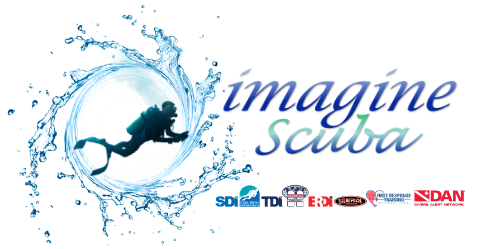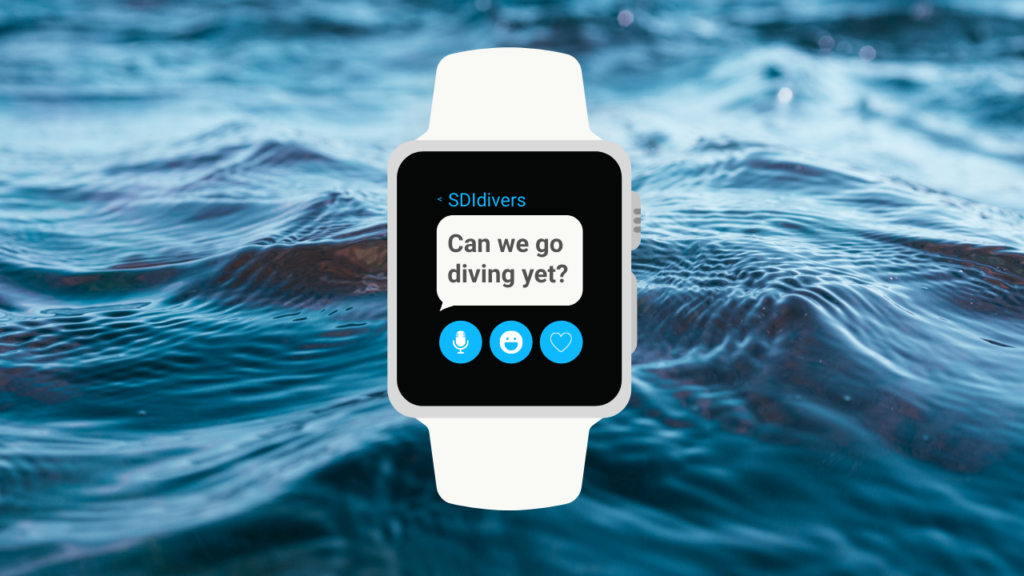After an unprecedented year, it finally looks like we are getting into the final phase of the coronavirus pandemic. Vaccines are starting to be rolled out and cases are starting to fall. In a number of areas, it is possible to anticipate lockdown restrictions being lifted, and as a result, people are getting ready to get back in the water. For some people, it has been a year, or even longer, since they have been diving. In many cases, this may be the longest time out of the water they have ever had to endure. Before you jump back in, there are a number of things to think about in order to ensure you can get back to diving safely.
Are you dive fit? If you have been out of the water for any length of time, there are a number of things to check
The first is to have an honest look at your fitness levels. If you were used to diving regularly, you may have taken your diving fitness for granted. Many people have used this period of lockdown to work on their fitness through walking, running, or other forms of socially distanced exercise. However, if lockdown has resulted in you putting on some weight or caused a reduction in your activity levels, it might be worth thinking of a gentle fitness plan to get back in shape. The last thing you want is to injure yourself by putting on your dive gear for the first time in several months or get into trouble if you cannot swim as well against a current as you could before the enforced dry season. Start to slowly build up your stamina and strength levels so that you can comfortably resume diving.
A note if you’ve had COVID-19
If you are one of the millions of people who caught and then recovered from COVID-19, then you should ensure you are fit to dive. Your respiratory system can be affected by the coronavirus and it can have long term effects on your lungs and other systems that could impact on your ability to dive safely. The new UHMS 2020 Medical for screening divers undergoing training specifically covers COVID-19. If you have had COVID-19, then a doctor will need to confirm that you are fit to dive. It is likely that there will be a high demand for advice from diving doctors, so if you know you have had COVID-19, get in contact with your doctor as early as possible just in case an appointment may be necessary.
Mental Fitness
In addition to physical fitness, we also need to consider mental fitness. Start reviewing your training material to refresh your knowledge. You can review physical course manuals, but also remember that if you did eLearning you can always go back and review the course content online. You can also work through various “what if” scenarios to deal with various hypothetical situations, including normal dives as well as emergency situations. This can be done alone, but works well as a group exercise with your dive buddies.
There is plenty of evidence that diving and being near water is beneficial for good mental wellbeing. I know many divers look forward to getting back in the water in order to get back to their “happy place”. Equally, it is perfectly normal for some people to feel nervous or apprehensive about their return dive. Making sure you are properly prepared, both physically and mentally, as well as checking all of your equipment is in full working order can reduce these concerns and ensure you are in the right frame of mind.
Your equipment
If your equipment hasn’t been used for some time, then it is essential to take the time to ensure it is in working order. Cylinders may need to be tested or cleaned. Regulators will need to be serviced. Batteries will need to be charged or replaced and all of your other equipment will need to be checked. Make sure you allow plenty of time for this. There is likely to be a high level of demand for cylinder testing and regulator servicing in the next few months. If you wait until last minute, it is highly likely that your local dive shop won’t be able to get all of your equipment serviced. Even for equipment that doesn’t need to be serviced at your LDS, spend some time checking that it’s all working so that you have time to resolve any issues, rather than having to rush at the last minute or ever worse, lose a dive because your equipment isn’t working.
Skill levels fade if not used regularly and diving skills are no exception. Things that were slick and easy last year may feel awkward and clumsy now. Any diver, no matter what their level, should start their return to diving with a shallow shake down dive to ensure their kit is working and all of their skills are up to scratch. It’s a good idea to review all the skills that form part of your various diving qualifications and, starting from the basic qualification, make sure you can still perform each of the skills. Although a lot of things will come back quickly, it is always surprising to see how rusty divers are during that first dive after an extended time out of the water.
By Mark Powell


